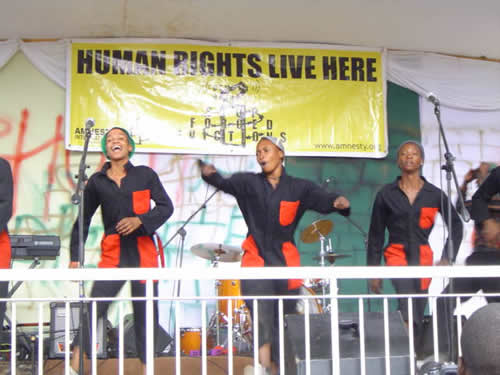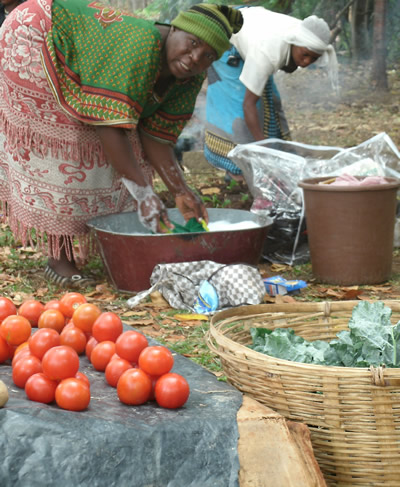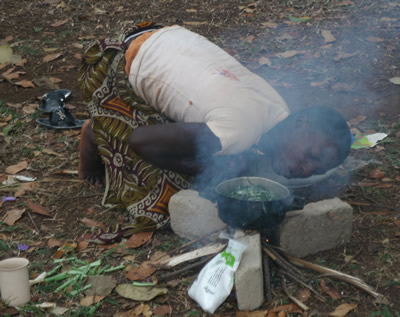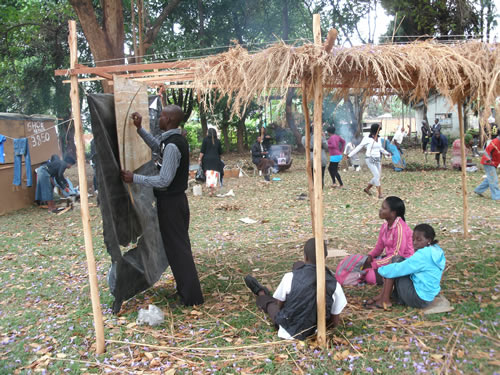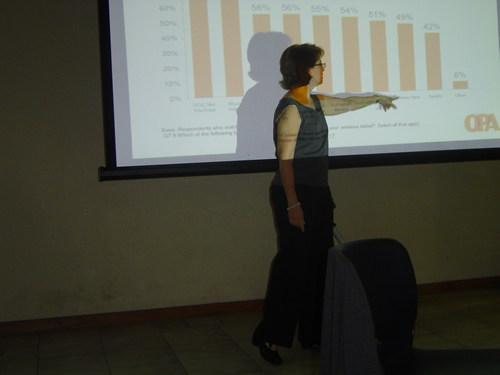
On Tuesday October 3, 2011 I attended a discussion on the topic, The Mobile Audience – Lessons for New Adapters, led by online media expert, Regina McCombs, on new trends in online media, in particular, mobile audiences. The discussion was based on the trends in mobile audiences in the United States (with a few global and even local statistics included), and the lessons that we can learn from.
Very early on McCombs mentioned that she was interested in the potential for mobile in journalism (news and other such information), but I found that her presentation revealed information that can also be used in the exploration of the potential of mobile in many other sectors.
Her talk began with an analysis of Smartphone usage, and most valued features, in the US. Staying connected, research and news, navigation, entertainment, management and planning were among the major uses, with consumers valuing features such as GPS, social networking, internet browsing and music the most.
She then outlines more statistics on how a) smartphones have replaced PCs, especially in for browsing and searching for information, use of Apps and videos; b) smartphones are changing how people interact online, and how they do things in their daily lives. The main uses outlined were:
· Staying connected 90% (excluding phone calls)
· Research n news 82%
· Navigate 75%
· Entertainment 65%
· Managements and planning 45%
Regina stressed multi-tasking as a key factor to consider when developing Apps or mobile pages. People in the US tended to connect to the web on their smartphones in short bursts, usually while doing other things such as waiting in a queue (59%), socializing (40%), on the loo (39%), cooking (27%), watching TV (60%) and so on. It is therefore important for App and mobile pages developers to create products where information can be seen quickly, with shorter versions of things and for less data, in order to grab attention in these small windows of opportunity.
She also shared information on how several companies are now moving away from making Apps for every different device, and are instead specializing more in device detection and automatically orienting their pages to suit these different devices. This is a far better, once-off way of dealing with the varied devices that constitute web traffic. An example of a company employing this clever system is The Boston Globe.
Regina then spoke a little about Tablets and other new forms of mobile Internet access. According to her currently 69% (29 million) of tablets worldwide are Ipads. By the end of 2011, it is estimated that 62 million Ipads would have been sold. It is clear from these figures that tablets really are a big deal the world over. Tablet owners in the US tend to be mostly male, middle aged or younger, wealthy, racially diverse and early adaptors (ahead of the pack with technology). On average tablet users spend about an hour a day on the devices, mostly at home or while traveling.
Interesting points
The link between breaking of major news events news and mobile online traffic – Regina highlighted that on election night, 2009, 75% of CNN television viewers were also connected on CNN mobile. On 11 March 2011, the day of the Japanese tsunami, CNN once again had record mobile views, in the region of 13,9 million, and a further 1 million CNN App downloads in the next 10 days. The Canadian Broadcasting Corporation (CBC) also recorded that at election time a third of its online traffic was via mobile. I feel that there is something that local media agents can learn from this global trend, in order that they may better position themselves for mobile access.
Mobile advertising and its potential for revenue – Regina revealed something about the problems faced with online advertising, in the sense that people are now playing catch-up in the area of online advertising. With the development and growth, many failed to recognize and make the most of the commercial value or potential of mobile advertising. Google has now launched a page dedicated to mobiles advertising, in a bid to drum up more business in the sector.
Apparently 40% of online mobile users from Zimbabwe have smartphones. I have a smartphone myself, and it is nice to see that, network allowing, I’m not doing too badly at making the most of my device’s capabilities, according to these statisticsglobal standards. This cannot be said for many smartphone owners in Zimbabwe. At the moment, l would say, (and I think many of you would agree), that most smartphones are just being used as GSM phones, cameras, music players, and light internet browsers. Yes, they are flashier, and more expensive, but these phones don’t really get the chance to serve their real purpose and be “smart”. Even though it is true that many of the things a smartphone can do are either not supported by Zimbabwean networks or are too expensive to even be considered, many people just have no idea how smart their phones really are. Smartphone social networking Apps such as WhatsApp and Nimbuzz, the Gmail App, CNN App and a few more, are among the few apps available in Zimbabwe
A problem that was identified in the discussion was that Zimbabwe is not producing enough online content. We Zimbabweans need to package current, local information in such a way that is attractive, relevant, practical and useful. It is also necessary to explore how people can make money by putting this information online, as many people, especially those in the print media, are hesitant to put information online, because they fail to see how they will make money from it. Wouldn’t it be useful to have a mobile website where, for example, tobacco farmers can get objective, up to the minute updates on what’s happening on the sales floor (delays, price hikes of falls, weather), at the click of a few buttons?



